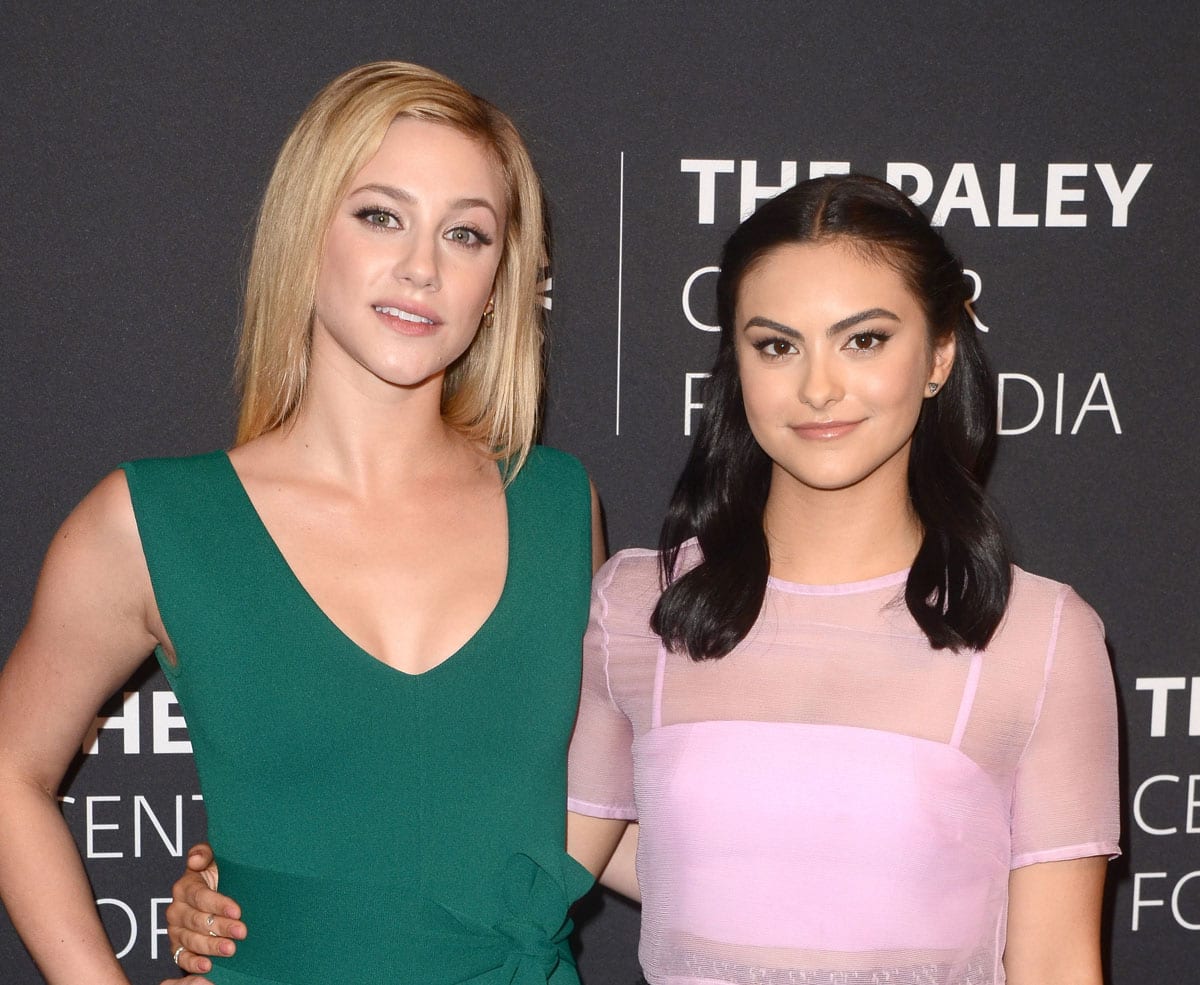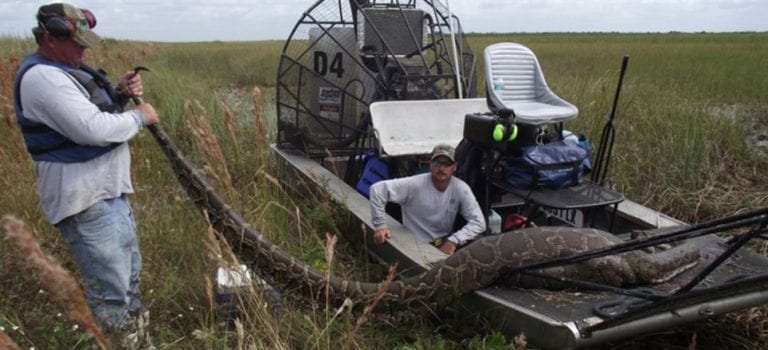
This is not a story highlighting the difference between real life and TV. This is not even a story lamenting the shallow subject matters of teen shows.
That story is well-worn and also complex. Getting into why chick flicks, teen shows and soap operas get a bad rap would require a lengthy exploration of patriarchal influence on what’s considered worthy of our time.
And for that matter, I’ve always loved teen shows. Going back to the days of recording Degrassi and Gossip Girl on the DVR, I loved the storylines about navigating growing up and finding love. They were engrossing and dramatic, and I was always hooked.
But before we move on, it bears mentioning that growing up and finding love is pretty much all these shows covered. Barely passing the Bechdel test, the popular teen series of my adolescence glamorized sex while leaving out some of the tragic realities that come with being a sexually active 16-year-old—abortion, sexual assault, rape and sexually transmitted diseases. They glossed over current events and how they might affect the characters, and they definitely didn’t portray their characters as advocates for causes they might care about.
That’s all changing now.
Fierce feminist characters
Riverdale, the CW drama loosely based on the central cast of the Archie comics, began airing in 2017. Similar to Pretty Little Liars (2010-2017), which followed a group of four girls trying to unravel the mystery of their friend who went missing, Riverdale homes in on the violence inflicted on high-school students by their peers.
Yet unlike Pretty Little Liars—which, among so, so many other things, depicts a relationship between an underage student and her teacher—Riverdale shows main characters Veronica (Camila Mendes) and Betty (Lili Reinhart) begin a crusade against slut-shaming in the third episode when they discover that Riverdale High’s football team keeps a record book of alleged hookups.
“We’re objects for them to abuse,” Betty says. “And when they’re done with us, they shame us into silence.” She spits out her lines, calling the book “dehumanizing.” By writing this in dialogue, rather than as subtext, the show’s writers turned the vague, simmering rage of so many silent teen girls into a rallying cry.
This might just be anecdotal, but it feels revolutionary to have teen stars standing up for themselves in this way on TV.
And it’s not just confined to Riverdale (which, yes, is violent, dark and not free of problems). Shows like The Chilling Adventures of Sabrina (Netflix), Jane the Virgin (CW), Crazy Ex-Girlfriend (CW) and GLOW (Netflix) also are putting a feminist ethos decidedly to work in their storylines. And if you’re feeling nostalgic but can’t get through old episodes of your favorite shows without yelling “Comeon!” at the characters, the reboots of Gilmore Girls and Degrassi are both updated for 2019’s charged climate and increased consciousness.
Why this matters
Sexual assault didn’t just start when #metoo started trending. American culture tends to bury its ugly sides, until there’s too much of it under the surface and it spills out.
Back when Pretty Little Liars aired, there were young women getting taken advantage of by older males in their lives who held positions of power. And without depictions of the damages of those relationships, seeking recourse for those women was just one more step out of reach.
Today, hopefully, just one more woman finds courage to call out abuse, inspired by Betty and Veronica on Riverdale.
Yes, it seems trivial. It’s a show about serial killers and drug rings. But stories matter because we find ourselves in them. And when we find ourselves in stories of youth standing up for what they believe in (even if the story is Riverdale), we become youth who can also take a stand.
See also: Harvard Dean Under Fire for Representing Harvey Weinstein















